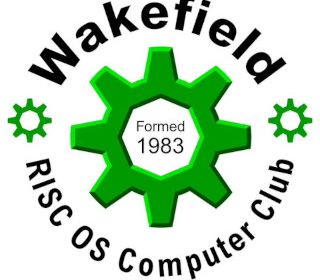With so many RISC OS users also having been Acorn users in the 8-bit era, there can’t be many who are unaware of the game Elite, originally developed by David Braben and Ian Bell and published by Acornsoft.
A huge success, with ports to some of the other platforms of the era, as well as subsequent versions for subsequent machines – including RISC OS, of course – the game was also an impressive feat of programming, fitting all the code necessary to run the game in just 32kB of RAM – of which a chunk was needed for the screen, and still more for other parts of maintaining the system itself. To save space, for example, there wasn’t a separate ‘map’ of all the locations for the game; the universe, consisting of eight galaxies and 256 planets, was generated – consistently – in code.
A couple of years back, Mark Moxon – a name that should be reasonably familiar with members of the RISC OS community, having been involved with Beebug’s RISC User magazine, Acorn User magazine, to name just two examples – began looking at the original version, with the aim of fully documenting its source code.
However, Mark didn’t stop at documenting it – he also went on to make a few improvements here and there, so you can now (for example) run a version on a BBC Micro where the ship drawing is free of flicker.
Mark will be the guest speaker at the next Wakefield RISC OS Computer Club (WROCC) meeting, at which he will be talking about the game.
He’ll largely cover how the main features of the game were implemented on the original BBC Micro and Acorn Electron releases, as well as the enhanced versions for the 6502 Second Processor and the BBC Master, and the extended version, Elite-A, from Angus Duggan. He’ll also go beyond the world of Acorn, and look at the Apple II and Commodore 64 conversions – and the NES adaption, which apparently contains a surprising amount of original code from the BBC Micro version.
And finally, if time permits, Mark will also look at Revs and Aviator, two additional BBC classics for which he has also spent time looking at and documenting the source code.
The meeting will take place online, using Zoom, on Wednesday, 6th September, starting at 7:45pm. It is free to attend – anyone with an interest is welcome to join. To do so, you’ll need the meeting credentials, which remain the same as other recent WROCC meetings – so if you’ve attended any, you should have them. If you haven’t looked in on a meeting, though, you simply need to contact the group in plenty of time, and they’ll send them to you in an email.
WROCC is funded by memberships, the cost of which is just £7.50 per year, representing very good value. As well as supporting one of the largest RISC OS user groups in the UK, the modest membership fee gets you access to their online discussion list, and you’ll become a recipient of the self-titled monthly WROCC newsletter, delivered to your email inbox as a PDF file.





